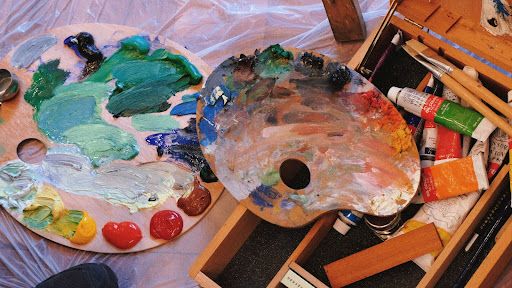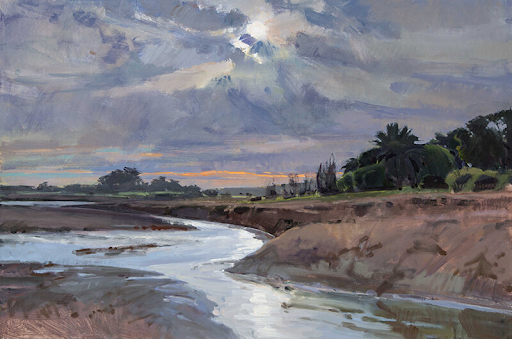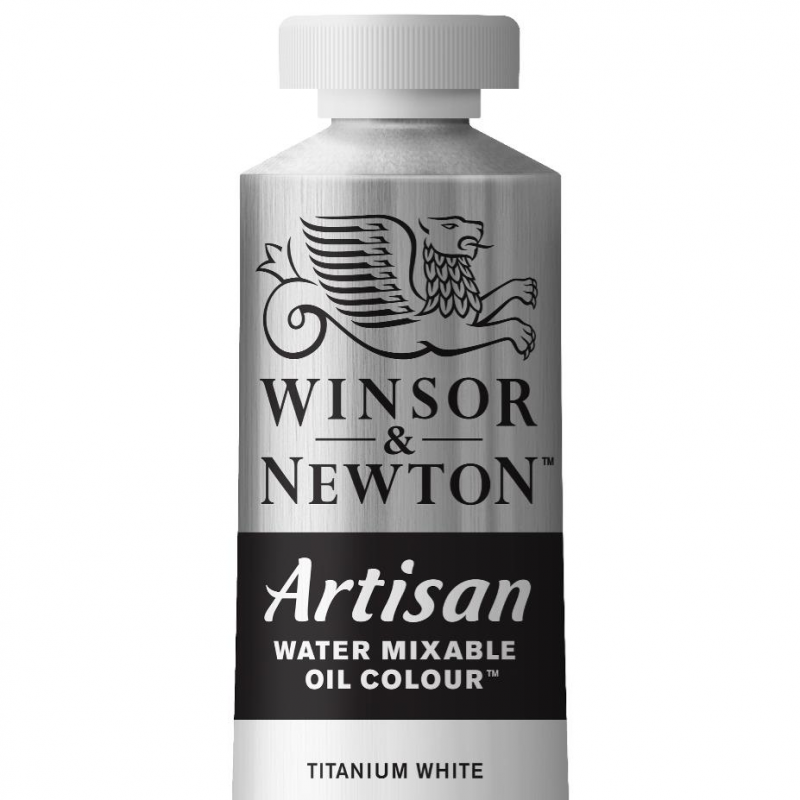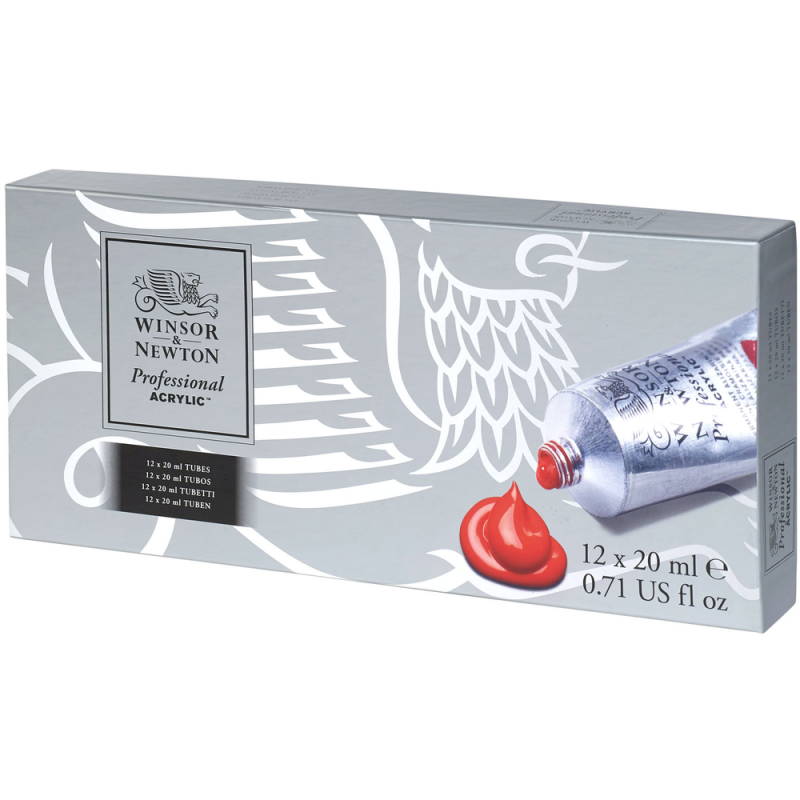For centuries, artists of all walks of life & calibres have been working with oils. JMW Turner, Van Gogh and the Renaissance masters we’ve all come to know & love rendered their masterpieces in painstaking detail using complex oil paints.
Then, along came the 20th Century and its innovations... modern medicine, mobile phones, MTV & of course, acrylic paints. Quickly becoming the medium of choice amongst creatives of all kinds, due to their versatility, faster drying time, low toxicity & general ease of use. All of this plainly displays just why these two mediums are still so popular even today (and, of course, let's be sure to give an honourable mention to our good friend, watercolour).
Of course, one of the vital building blocks of art itself is experimentation, bending the rules to see what happens. For a lot of artists, this includes mixing a variety of mediums to create their pieces. Whilst some combinations work better than others, you may be wondering...
Can you mix oil and acrylic paints?
In short... no.
Sure, we could leave it there, but that would be cruel, so let us explain a little further.
Essentially, it's all based around the phrase; “oil and water don’t mix”. This may seem somewhat obvious, but oil paints are oil-based (surprise!), however, a little less clear is the water-based nature of acrylic paint. This means that their very chemical basis makes them completely incompatible.
If you were to try, the first thing you'd notice is that they simply don't blend. Worse than that, however, if you did somehow manage to apply them to a canvas, it would break down & over time you’d find that the quality of your painting would disintegrate.
Put simply, it's not worth the risk to mix wet oil & acrylic paints, full stop.

Saying that, if you’re instead working with dried oil & acrylic paints, it's a completely different beast.
If you like to layer mediums within your paintings, it is in fact possible to do so using oils & acrylics, but only in one way. It’s fine to paint oils over acrylics, but you mustn’t paint acrylics over oils.
Why use oils over acrylics?
If you’re wondering, "what's the worst that could happen?", don't worry, it wouldn't be a cataclysmic, world-shattering event. It just simply wouldn't work. This is because, even if your oil paint is completely dry, acrylic just will not adhere to it. If you were to try, you’d find that your acrylic would drip, crack or flake during application, not to mention when it dries and ages.
While successfully painting oils over acrylics certainly takes some practice, bold artists who endeavour to do so will find that they can accomplish some beautiful techniques and results.

Source: Marcia Burtt
What are better paints to mix with oils?
Oils tend to be complex and have a (somewhat deserved) reputation for being temperamental. As a result, it’s best to avoid trying to mix them with other paints when wet... instead, it's best to stick with mixing oils & helpful mediums, like linseed oil and various solvents.
What are better paints to mix with acrylics?
Because acrylic is more versatile than oil, you have a bit more freedom when it comes to mixing with other paints, though caution should still be exercised to avoid ruining a piece of work.
Mixing acrylics and watercolours
These two water-based paints are considered cousins, therefore they tend to work well together. However, this partnership works best if you apply acrylics on top of watercolours. This is because when you mix watercolours with acrylics, the watercolour takes on a thicker consistency. As the paint dries, this makes it waterproof, which will cause issues with the watercolour sticking.
Mixing acrylics and gouache
Acrylic and gouache paints are a match made in heaven!
These two water-based paints can actually be mixed together when wet, allowing you to manipulate some of the features of acrylic, including the consistency, which helps you to better be able to mix colours on both palette and canvas. Another great thing about mixing acrylics and gouache is that aspects of the gouache can help you alter the drying time of acrylics. On their own acrylics are very quick-drying paints, but working in gouache helps to slow this time down just a bit, which allows an artist to spend more time perfecting their painting.
< Back to blog





















